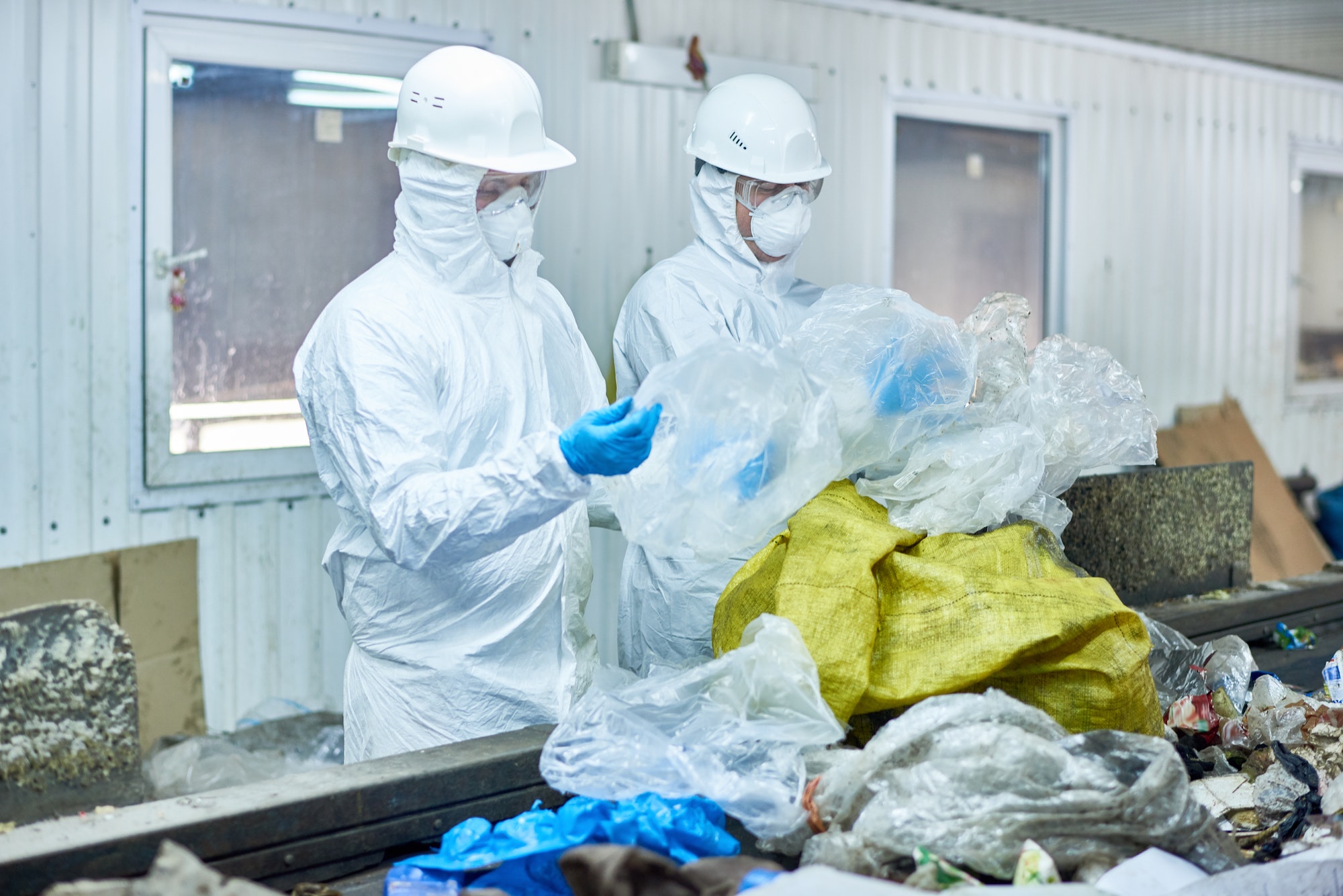
Marketplaces and EPR schemes: what are their obligations?
EPR schemes are systems for organizing the prevention and management of waste from certain product categories, and are based on the principle of extended producer responsibility (“EPR”), establishing the responsibility of the producer of a product for financing or organizing the prevention and management of waste from this product (Article L.541-10 I of the Environmental Code).
This system was strengthened by law n°2020-105 of February 10, 2020 on the fight against waste and the circular economy (“AGEC law”). In addition to the creation of new schemes, article L.541-10-9, aliéna 1, of the Environment Code, created by the AGEC law, now provides that: “When a natural or legal person facilitates, through the use of an electronic interface such as a marketplace, a platform, a portal or a similar device, distance sales or the delivery of products covered by the principle of extended producer responsibility on behalf of a third party, this person is required to provide for or contribute to the prevention and management of the resulting waste in accordance with the provisions of articles L. 541-10 and L. 541-10-8“.
Since January 1, 2022, marketplaces, platforms or other operators enabling third-party sellers to sell products subject to EPR may therefore be liable for EPR obligations for products sold through them. The conditions of this responsibility have been specified by the Ministry of Ecological Transition in FAQs.
What do EPR obligations cover?
EPR schemes are defined in article L.541-10-1 of the French Environment Code: in addition to existing schemes (household packaging, paper, textiles, batteries, etc.), the AGEC law introduced 11 new schemes (toys, sports and leisure goods, etc.), some of which are still in the process of being set up.
The obligations associated with EPR are diverse. These include joining an eco-organization and paying a financial contribution, the amount of which is linked to the volume of products concerned and to their environmental characteristics. It is also necessary to set up an individual collection system, obtain a unique identifier generated by ADEME and mention it in its general terms and conditions of sale and on its website, or affix signage relating to sorting instructions (Triman logo and information on sorting instructions).
These obligations apply to producers, defined by Article L.541-10 I of the French Environment Code as “any individual or legal entity that develops, manufactures, handles, processes, sells or imports waste-generating products or components and materials used in their manufacture“.
Why is this of interest to marketplaces?
First of all, operators of marketplaces and online sales platforms may be concerned when they sell own-brand products, in their capacity as distributors of these products.
The novelty introduced by the AGEC law is that these operators may also be liable for EPR obligations in respect of products sold through them by third-party sellers. The aim is to prevent producers from evading their obligations through online sales.
Marketplaces and online platforms can, however, be exempted from these obligations if they can demonstrate that the third-party seller has fulfilled its own obligations.
To do so, the marketplace must keep records of the third-party seller’s compliance with its EPR obligations, and be able to provide them in the event of an inspection. In accordance with article R.541-167 of the French Environment Code, the register must include: details enabling the third-party seller to be identified, the unique identifier (IDU) issued by ADEME, the quantities of products sold via the marketplace or platform and, where applicable, the terms and conditions for taking back used products for those products concerned by this take-back (article L.541-10-8 of the French Environment Code).
In principle, the possession of an IDU by the third-party seller is deemed to constitute compliance by the third party with these obligations. However, the marketplace or platform must ensure that the IDU has a consistent format, or that it corresponds perfectly to the type of product being sold, in order to avoid obsolete declarations by sellers, under penalty of being held liable. The marketplace or platform can consult the complete list of EPR producers with a IDU via the SYDEREP database set up by ADEME. These checks should be carried out on a sufficiently regular basis, e.g. on a quarterly basis.
In addition, to ensure that third-party sellers fulfill their EPR obligations, the marketplace can also offer to act as an EPR intermediary, which may be a solution for sellers-producers of small quantities. In this case, the marketplace or platform will be responsible for fulfilling the obligations of the EPR schemes in question, and for declaring to the eco-organizations the information specific to each of its third-party sellers, where applicable, taking advantage of the simplified eco-contributions (reduced data declarations and flat-rate contribution) when offered by the eco-organizations (article R541-119 of the French Environment Code).
Practical consequences and recommendations
Marketplaces must therefore be extremely vigilant with regard to their third-party sellers, and comply with EPR obligations, failing which they may be penalized.
Failure by the producer to comply with the EPR obligation is punishable by an administrative fine of up to €7,500 per unit or per ton of product concerned (L.541-9-5 of the French Environment Code). The amount of the fine can therefore reach a considerable amount very quickly.
In practice, marketplaces and platforms must therefore be vigilant about their EPR obligations, and in particular :
- Identify the products sold through their intermediary that are covered by an EPR scheme, as well as the third-party sellers involved;
- Regularly update the list of products and sellers concerned;
- Set up the required register and collect the IDUs of third-party sellers;
- Regularly check the validity of third-party sellers’ IDUs;
- Consider offering an EPR intermediary service in the case of small quantity sales by third-party sellers.
Our lawyers are at your disposal to answer all your questions and advise you. Our meetings can be held in person or by videoconference. You can make an appointment directly online at www.agn-avocats.com.
AGN AVOCATS – Distribution Department
09 72 34 24 72






